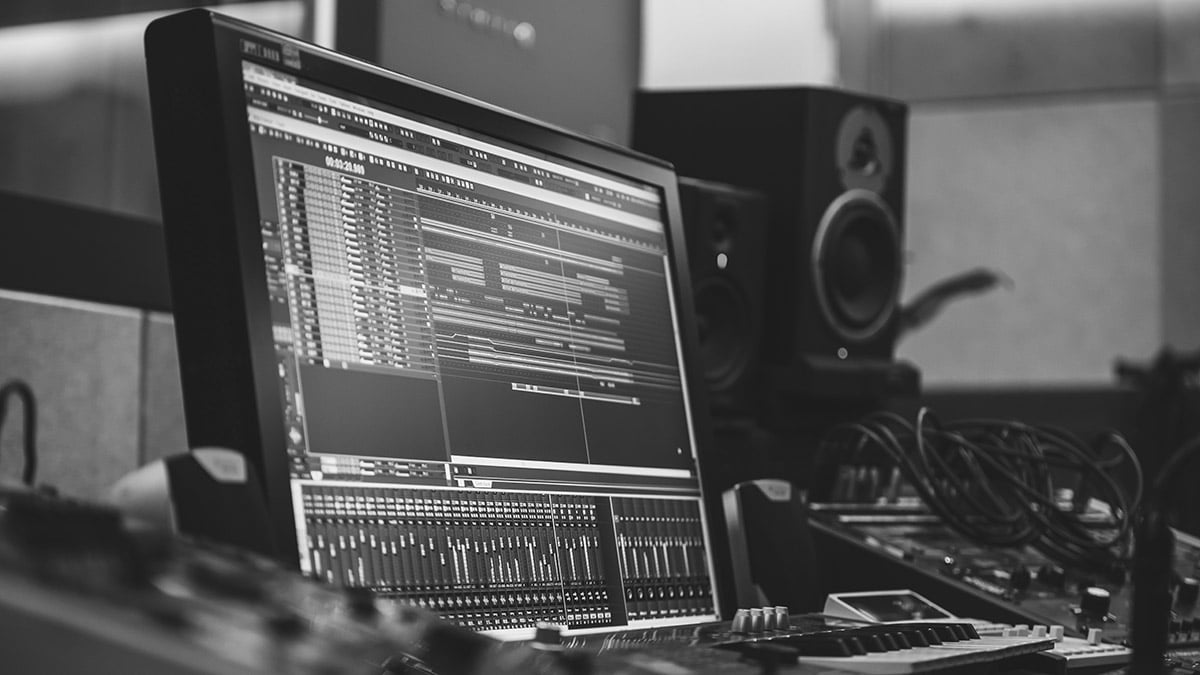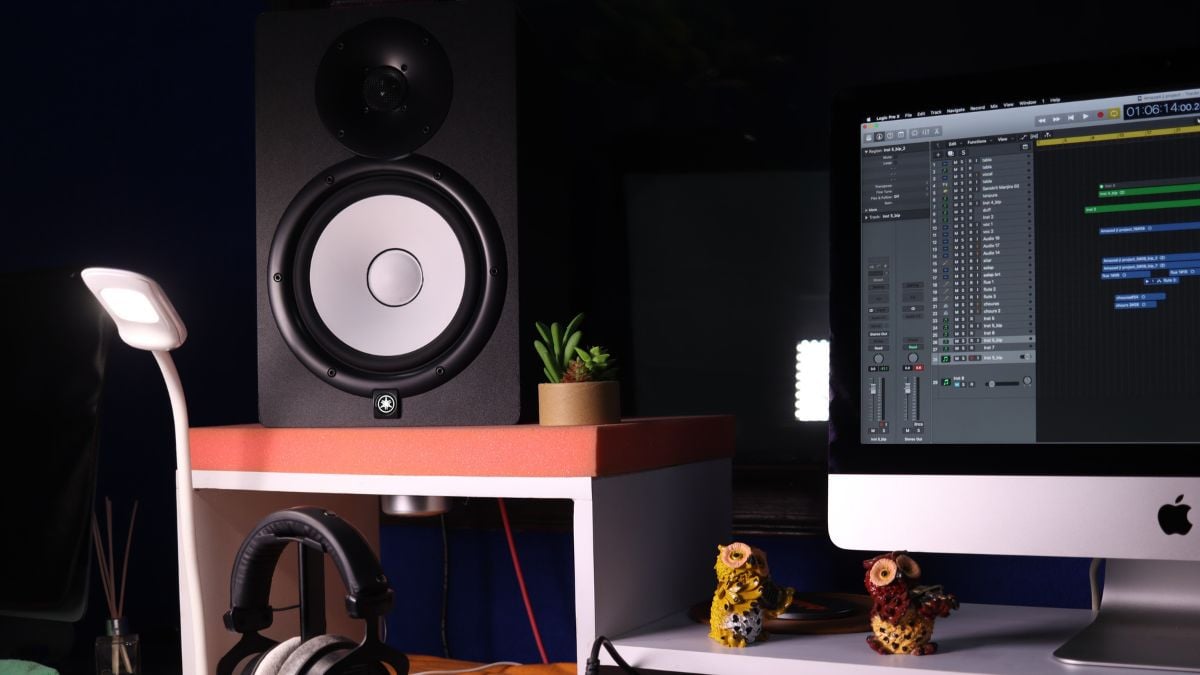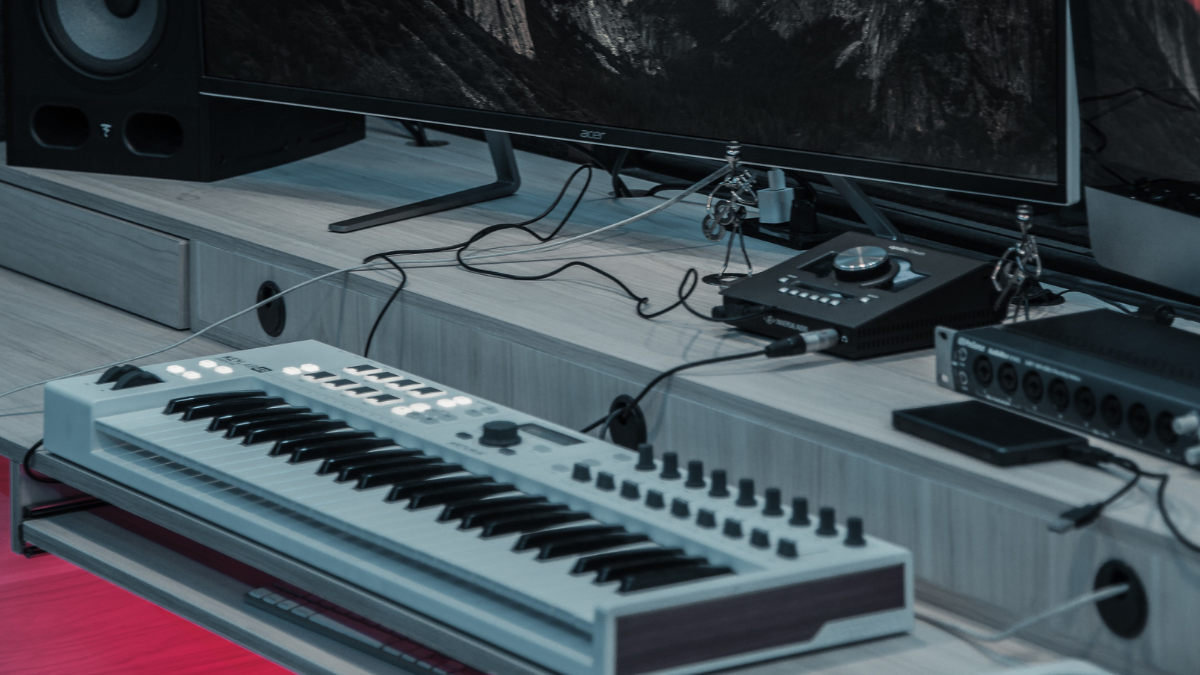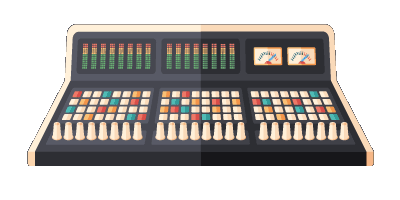Is Making Music Damaging Your Hearing?

If you work with music in any way, your hearing is obviously indispensable, However, most of us in the music industry come in to contact with loud music as a matter of course.
It is ironic that working in music can be the very thing that causes us to damage our hearing and it's vital for all of us to educate ourselves on the matter of hearing damage, and how we can best prevent it.
What is Hearing Loss?
It is unsurprising that research shows musicians suffer noise-induced hearing loss more than the general population.
Noise-induced hearing loss is completely preventable but, the scary thing is that once it has happened it is completely irreversible.
Our inner ears contain a fluid-filled tube called the cochlea. This contains tiny nerve endings; hair cells called cilia. When these hairs are vibrated by a sound wave, they convert these vibrations into signals that are sent through auditory nerves to the brain, and we register that we have heard a sound.
The cilia can be damaged through exposure to loud sounds and they do not heal. This causes a loss of sensitivity to sound that you will not get back.
This loss of sensitivity is called a Permanent Threshold Shift, and it means that at certain frequencies we lose the ability to hear sounds with clarity and intelligibility.
Often this loss of sensitivity will happen first at around 4kHz; the frequency range where our ears are most sensitive.
Of course, this loss of sensitivity can be a huge problem to any music professional, but can be disastrous for producers and mix engineers who need to be able to make judgement calls based on the frequency content of the sounds they perceive.
Are You Putting Yourself at Risk?
Most people know that being exposed to loud noises can cause hearing damage.
What many people don't know is that the amount of time you are exposed to loud sounds is also an extremely important factor.
And the definition of 'loud' is important here – many, perhaps even most, music producers work at a volume level that will damage their hearing unless they take regular breaks.
And the levels in a typical rehearsal room? Those can damage your ears very quickly if you are not careful.
The table below shows the maximum recommended exposure time per 24 hours of different sound levels.
You can see that you would be able to work a full eight-hour-day if you were listening at 85dBA, but if you raise the level to 94dBA you will start to damage your hearing after only one hour.
You need to think carefully about how 'at risk' you are; for example a drummer will experience a rehearsal at a greater volume level than a singer.
A guitarist that points their amp straight at their own head, and cranks the gain right up, is also putting themselves at risk – particularly as guitars can be very loud at that delicate 4kHz frequency.
It's worth being careful with headphones too – it is easy to bring the level up to unsafe levels, particularly if you are in a situation where there is a lot of background noise, such as on the train.
Noise-canceling headphones can be useful here – by blocking out the background they encourage us to listen at lower levels.
How To Prevent Damage?
As there is no cure for hearing damage, preventing the damage from happening in the first place is absolutely essential.
We all know that we should wear earplugs in situations where we are faced with extremely loud noises, but relatively few musicians do this.
There can be a social stigma attached to wearing them, and if the rest of your band don't want to wear them it can be difficult for you to be the only one who does.
However, in almost all cases earplugs will reduce the risk of hearing damage. The best protection comes from custom molded plugs that have been made to fit your ears specifically.
These are the most expensive form of protection, but if you make your living from music - or you would like to - then this is an investment that should be seriously considered.
In situations such as in the studio, when wearing earplugs is not an option, try to work at quieter levels when you can.
You will need to crank the volume when performing important mixing tasks, but make sure that you are only listening at loud volumes for short bursts, and give your ears plenty of rest in between.
Taking these precautions can be difficult, but speak to almost any musician that is suffering from hearing loss – and they will assure you that it is worthwhile.



Comment on this post on SoundGym Community